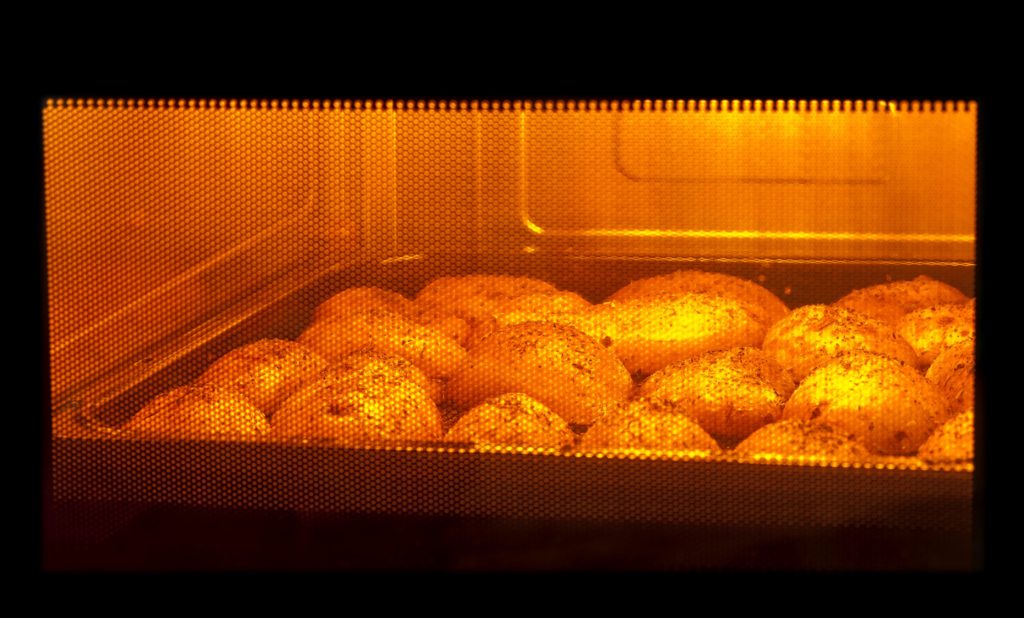Blog
Energy Saving Tips – Fact vs. Fiction
When it comes to reducing energy consumption and costs, small changes can have a big impact. The internet is full of tips and tricks promising to help you do just that. But how do you know which words of so-called wisdom can help and which are filled with false promises, or worse – can end up costing you money instead?
Let’s have a look.
Cooking with your microwave saves energy.
Fact – A microwave uses less electricity than an oven or stove. During the summer, it won’t heat up your kitchen, thereby forcing the air conditioner to work harder to cool your home. Plus, it cuts down on cooking time. While it might not be practical – or tasty – to cook an entire meal in the microwave, it sure comes in handy for small tasks like steaming vegetables, melting butter, or reheating leftovers.

Running appliances at night saves money.
Fiction – Appliances use the same amount of electricity regardless of the time of day. However, if you are enrolled in a program that offers a discount for off-peak hours, you might want to wait before doing your laundry or running the dishwasher.
Save on heating costs by using space heaters.
Fiction – Using space heaters in a few rooms is less efficient than using the heating system to heat the entire house. For optimum savings and efficiency, consider a zoned heating system that allows you to set different temperatures for different areas of the house.
Close the vents in unoccupied rooms.
Fiction – Your furnace decides how much heat to produce based on the size of your home and the ductwork running through it – not by individual rooms. Closing vents in unoccupied rooms throws the system off balance and redistributes warm air unevenly, forcing the furnace to work harder and run up your energy costs.
Run ceiling fans in reverse to save on heating costs.
Fact – During the winter months, your ceiling fan can do more than collect dust. Running it on low in reverse pushes warm air down from the ceiling to where you need it most. This allows you to turn the thermostat down by a couple of degrees without feeling less comfortable.
Using the dishwasher uses less hot water than washing dishes by hand.
Fact – Believe it or not, hand washing dishes uses more hot water, especially if you have a newer, energy efficient dishwasher. For added energy savings, open the dishwasher at the end of the cycle to air dry its contents. If you must hand wash, fill the sink with warm, soapy water instead of letting the faucet run the entire time.
Here at Messmer Mechanical, we install numerous energy-saving plumbing, heating and cooling equipment. We also can advise you on ways to cut your costs with the equipment you already have. Contact us today or anytime for more information or a free quote.
Our Service Partners Get it All.
Enroll in our Service Partner Plan and enjoy added value plus proactive greater and protection for your home comfort equipment.
- Annual inspections
- Lower energy costs
- Priority service
- Fewer repairs
- 10% off heating & cooling repairs identified during annual preventive maintenance
- Annual Plan Renewal
- And more
Become a Plan Member and take advantage of the savings today!
